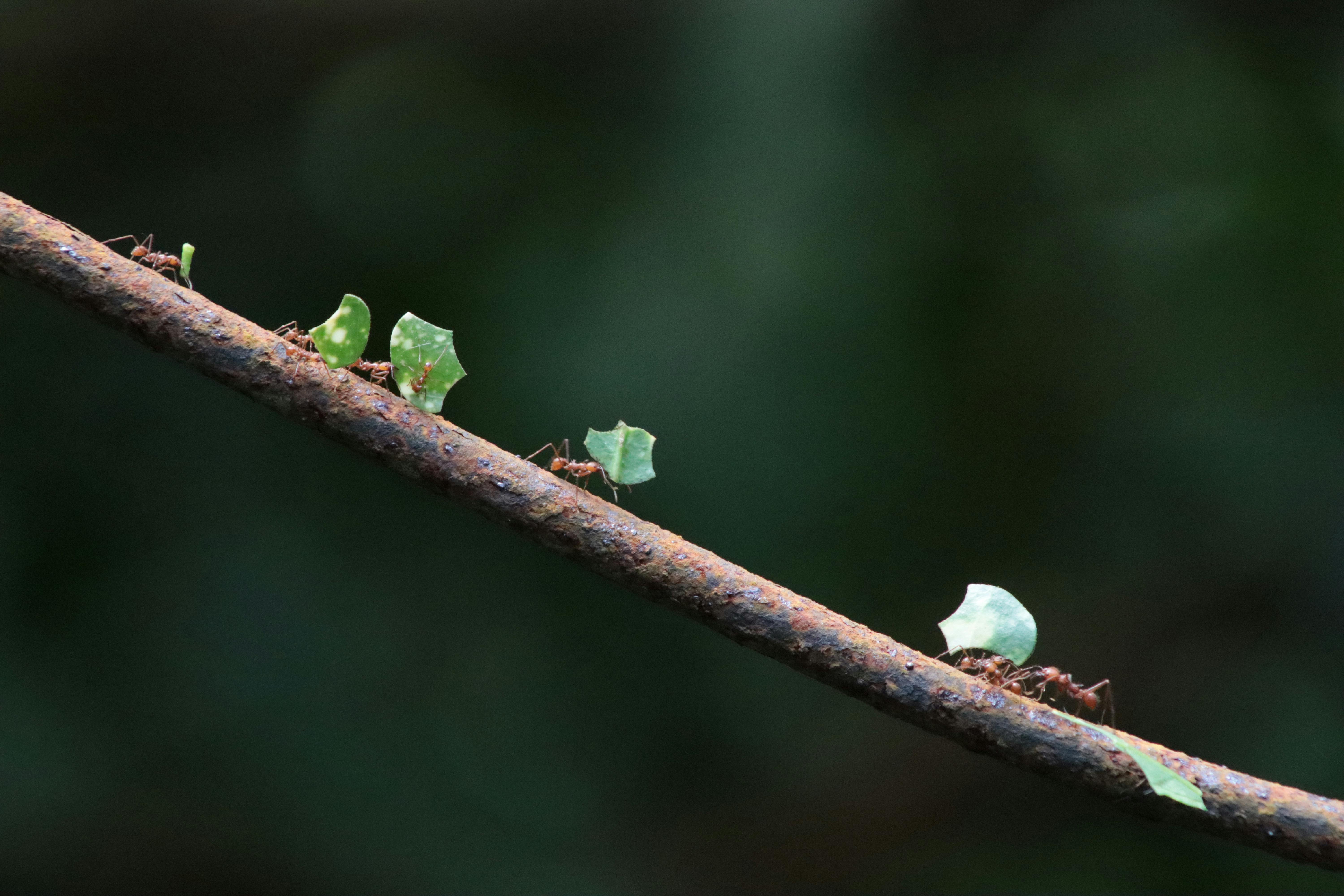The Intriguing World of Insect Farming: A New Frontier in Pet Ownership
Pets come in all shapes and sizes, and the variety is ever increasing. From cats and dogs, to snakes and spiders, our love for animals knows no bounds. One of the latest trends in pet ownership is the rise in popularity of insect farming. This article delves into the fascinating world of insect farming, its historical context, current trends, and market impact.

The Genesis of Insect Farming
The practice of insect farming can be traced back to ancient civilizations, where insects were used for various purposes. For instance, the ancient Egyptians farmed beetles for religious rituals, while in China, crickets were kept for their melodious sounds. However, the idea of insect farming as a hobby or pet ownership is relatively new.
The Current Surge in Insect Farming
Today, insect farming is gaining popularity worldwide. The trend has been bolstered by the rise of sustainable living and the increased recognition of insects as beneficial creatures. From ant farms to butterfly gardens, more and more people are embracing the idea of having these tiny creatures as pets.
The Market Impact and Price Range
The rise in insect farming has also led to a growth in the market for insect-related pet products. These range from specialized habitats, feeding and care products, to educational kits. Depending on the complexity and size, the cost of setting up an insect farm can range from as low as $30 to several hundred dollars.
Backed By Research
Research has shown that insect farming can have multiple benefits. Apart from being a fun and educational hobby, it can also contribute to environmental conservation. Insects play a critical role in our ecosystem, and their preservation can help maintain the balance of nature.
A Balance Between Depth and Accessibility
While insect farming can seem complex at a glance, it is a hobby that can be easily embraced by anyone, regardless of age or experience. The key is to start small, learn about the specific needs of the insects you are interested in, and gradually expand your farm.
In conclusion, insect farming is more than just a trend. It is a reflection of our growing awareness of the importance of all creatures, big and small, in our world. Whether you’re an animal lover exploring new pet options, or a nature enthusiast keen on contributing to conservation efforts, insect farming could be the next exciting frontier for you.





